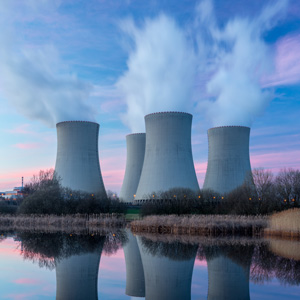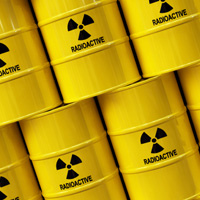
- Evaluation Period2021-2024
- Total Awarded$30 million
- Total Number of Grants/Investments52
- Geographic FocusWorldwide
Background
MacArthur has invested in civil society to reduce nuclear risks for over three decades, providing roughly $100 million in grants to the nuclear field from 2015-2020 alone. In 2021, with the end of MacArthur’s time-limited Nuclear Challenges Big Bet strategy, our focus shifted to implementing a three-year, roughly $30 million Nuclear Challenges capstone.
The capstone strategy sought to strengthen the nuclear field through four complementary pillars of work:
- Cultivate: Inject new voices, organizations, and people into the field.
- Innovate: Challenge prevailing theory and make a meaningful contribution to future scholarly and policy debates.
- Lead: Identify pathways to mitigate the safety and security consequences of nuclear power’s expansion as a climate solution.
- Preserve: Maintain and offer flexible support for anchor organizations that form the basis of the nuclear field’s infrastructure.
What We Evaluated
We engaged in this evaluation with our learning partner, ORS Impact, to answer two overarching questions:
- What significant results and/or meaningful contributions were achieved during the capstone period? What among these results and/or contributions will endure?
- What did we learn that is transferable beyond this strategy?
What We Learned
The evaluation concluded that Nuclear Challenges capstone grantees achieved some notable successes. It found that:
- Many organizations strengthened their commitments and practices related to diversity, equity, and inclusion.
- More diverse organizations and scholars are working on scholarly and policy issues related to deterrence and nuclear issues.
- People working at the nexus of climate solutions and nuclear security have made inroads in understanding leaders’ and affected communities’ concerns and perspectives. This understanding should help mitigate safety and security issues associated with nuclear power’s expansion to address energy needs.
- Many organizations that provide core infrastructure for the nuclear field made progress on securing new funding and addressing financial instability concerns.
- The Nuclear Challenges program ended at a sensitive moment. It occurred when global nuclear risks were heightened, views on nuclear issues were increasingly polarized, and the nuclear field was experiencing pushback on diversity and equity efforts after the racial reckonings of 2020.



